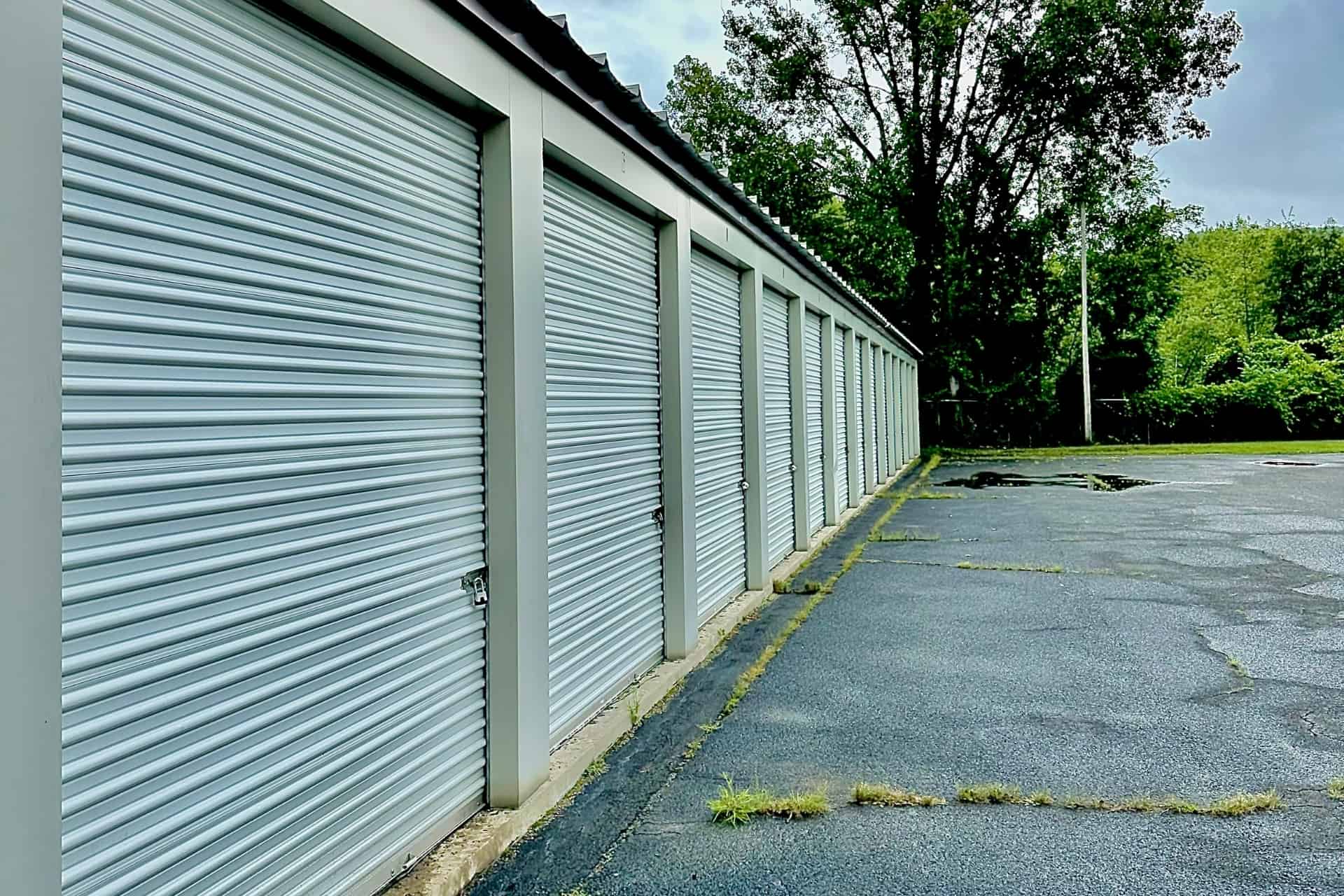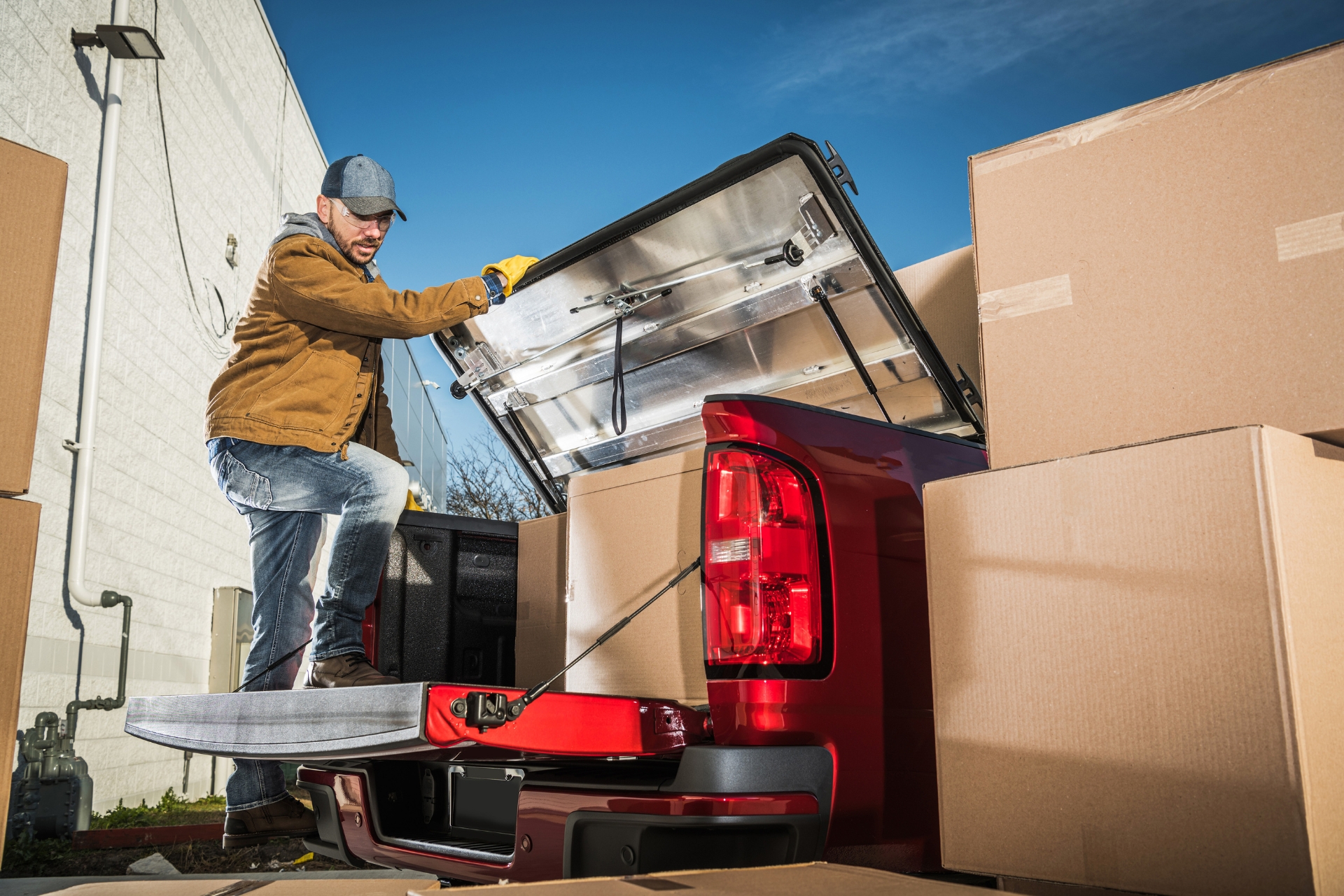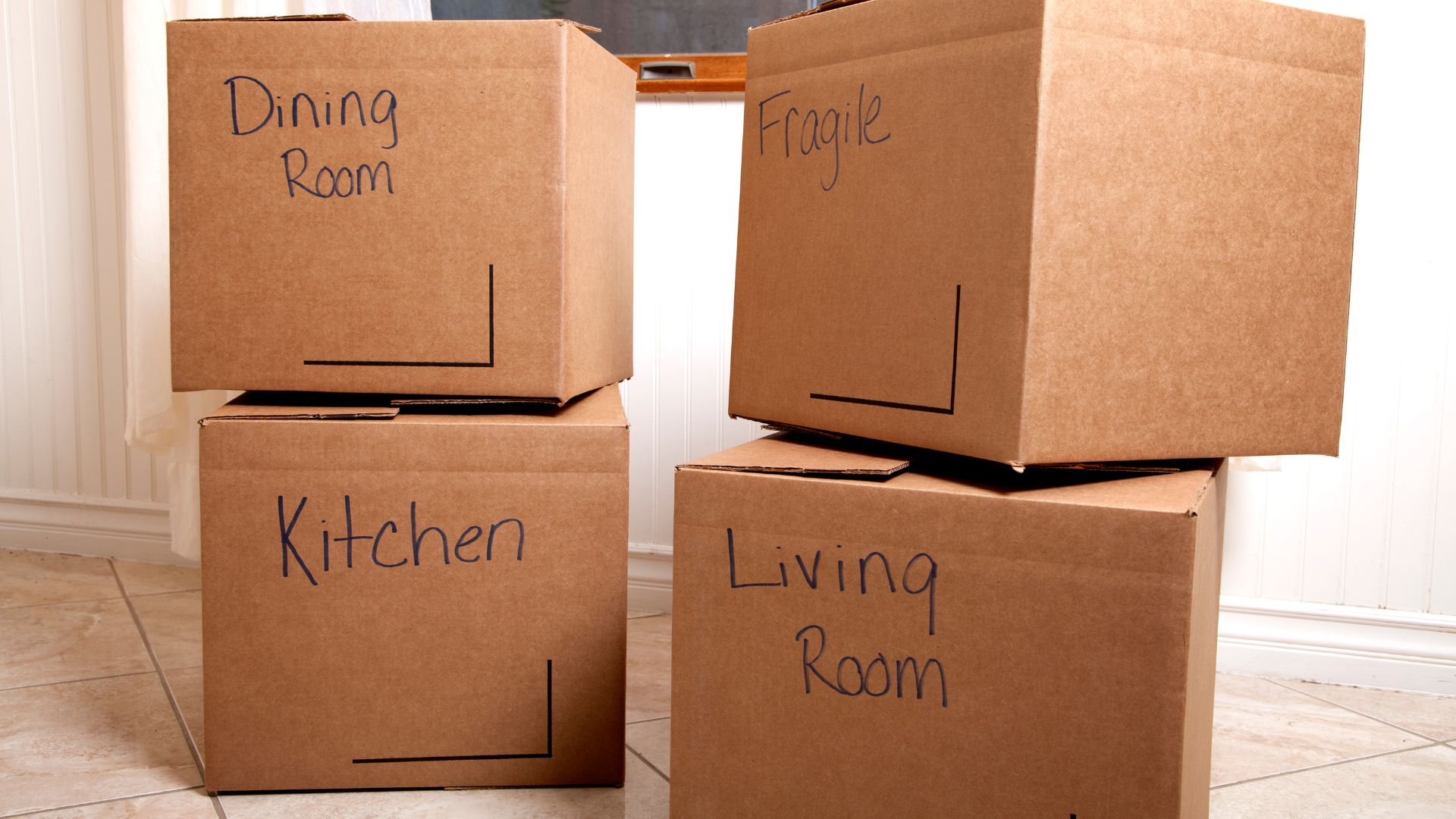Both portable and fixed storage units have pros and cons around access, security, affordability and flexibility. If you’re debating between portable or permanent units to declutter, store business items, or keep seasonal belongings safe, this guide outlines the key contrasts. Understanding the unique advantages around convenience, control and costs allows you to determine if portable or traditional storage better matches your priorities and needs.
Pros of Portable Storage
Portable storage offers some great advantages over fixed self storage facilities. Key benefits include:
- Convenience
- Units delivered and picked up from your location
- Avoid the need to transport items yourself
- Flexibility
- Keep unit onsite or store at our warehouse
- Scale unit sizes up or down to meet needs
- Security
- Tamper proof and weather resistant
- Secure warehouse storage options
- Affordability
- Only pay for the space needed
- No long-term lease required
While the list could go on, those represent some of the most compelling perks. In a nutshell, portable storage brings the storage to you, provides flexible timing and sizing, and remains cost-effective all the while. You avoid the logistical headache of a DIY move. And without fixed long-term costs, you can customize the solution to your exact needs, be that a short decluttering stint or longer-term inventory storage. Onsite portable units also ensure 24/7 access without needing to arrange pickup or drop-offs. For many, the convenience factor alone seals the deal.
Cons of Portable Storage compared to Self Storage Solutions
However, there are a few potential pitfalls of portable storage units to note. For one, keeping the portable container on your property does require having adequate outdoor space available. Unlike fixed self storage facilities, portable units also lack any temperature-controlled options, leaving belongings exposed to temperature swings. Weighing constraints around property regulations, access, exposure, and space requirements are key when evaluating portable against permanent facilities.
Pros of Self Storage
Traditional self storage facilities offer certain advantages over portable storage, including:
- Size Options
- More available unit sizes
- Larger maximum spaces
- Protection
- Indoor temperature-controlled buildings
- Weathering and pest exposure
- Built-in Security
- Gated access
- Video camera surveillance
- Alarm systems
- Convenience
- Flexible month-to-month rental terms
- On-site moving and packing supplies
Permanent storage facilities lead the way when it comes to large, protected units without hassle. Temperature controls ensure temperature and humidity remain ideal. Multiple security layers provide reliable oversight – limiting risks of theft, damage or misplacement. Altogether, when considering protected storage and hassle-free security, traditional fixed facilities excel.
Cons of Self Storage compared to Portable Storage Solutions
Despite their security and space benefits, permanent facilities do come with a few drawbacks. For one, you need to transport all your items to and from the site. Access is also limited to their office hours versus 24/7 availability. And additional fees are required to have temperature-controlled spaces. In some cases, the ultimate ease of portably having storage delivered, kept safe onsite, or transported as needed better aligns with access and budget needs instead. These limitations around transport, limited hours, temperature control expenses, and logistics hassle contrast with the hands-free convenience of portable storage.
Conclusion
When considering portable storage versus traditional self storage facilities, there are valid advantages and disadvantages to both options. Portable units bring convenience through delivery and transport, flexible sizing and timing, and security protections focused on weatherproofing. But space constraints, lack of temperature control, and permitting challenges can limit utility. Permanent facilities allow much larger unit sizes within fully indoor spaces guarded by extensive security layers – but require customer transport efforts and access restricted to office hours.
Ultimately, aligning with the right solution depends on your priorities. Portable storage shines for interim solutions needing occasional access, while permanent facilities excel for long-term storage of large household and business possessions. Properly weighing factors like size requirements, frequency of use, security risks, costs, and access needs makes choosing the right method easier. With a mix of portable and traditional storage capabilities, Greylock offers the best of both worlds. Contact us for a free consultation to determine the optimal storage fit for you.





